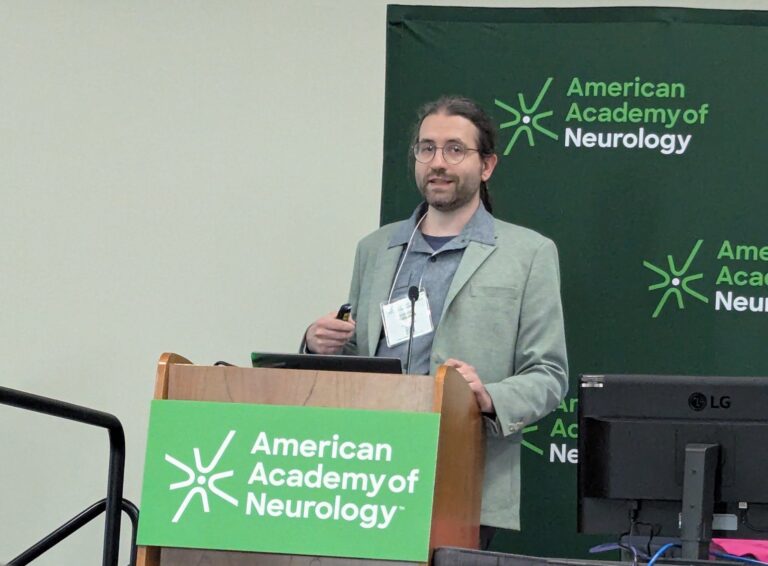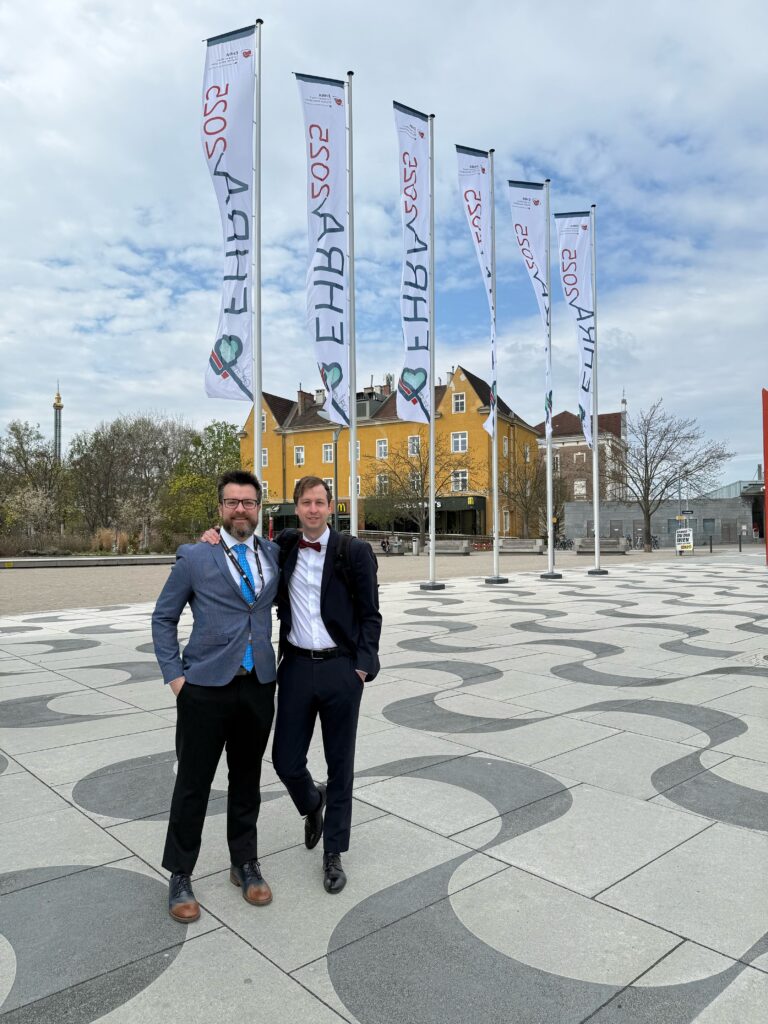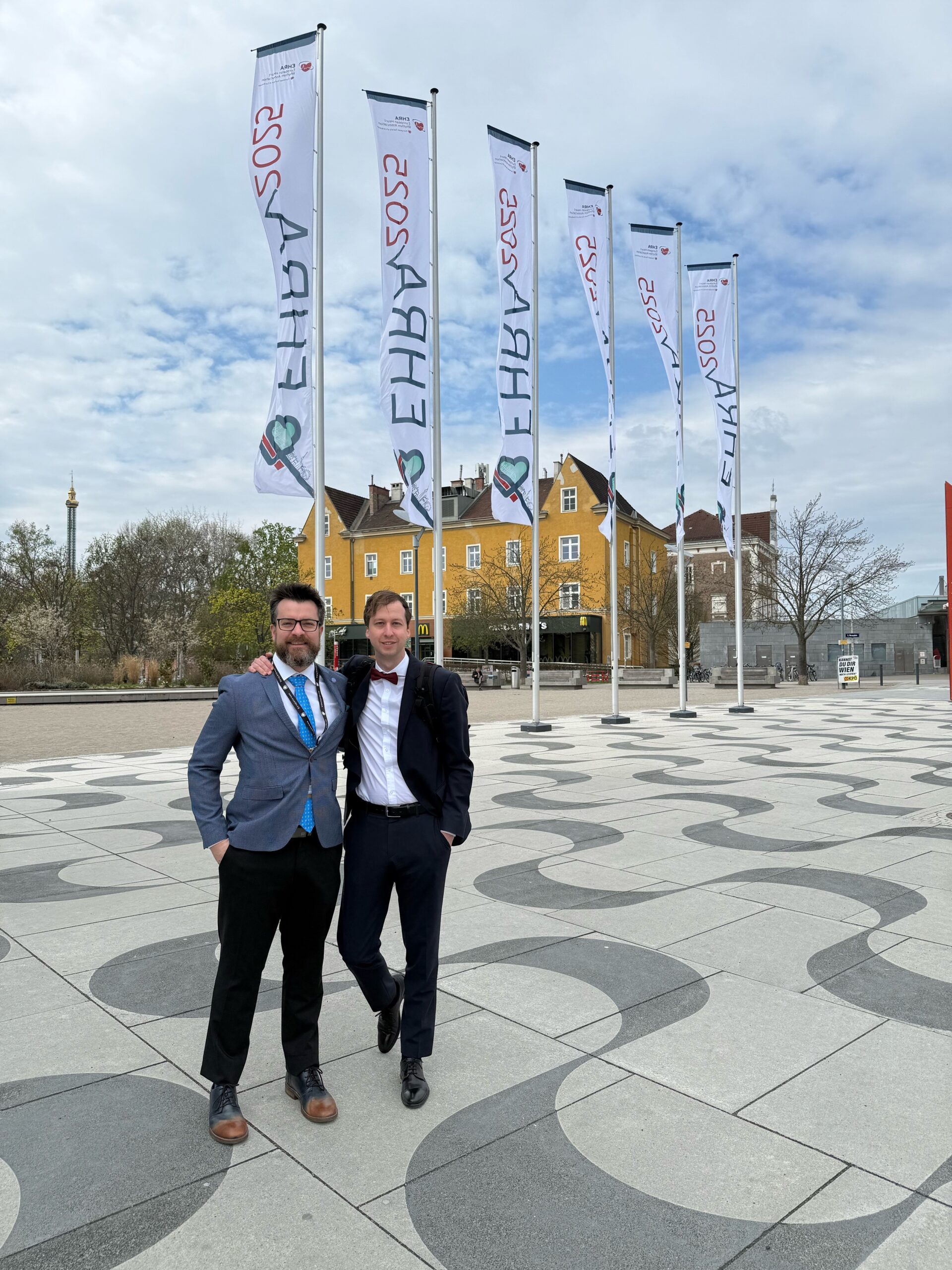Four PHRI researchers have been awarded prestigious Grant-in-Aid funding from the Heart & Stroke Foundation. Selected from among 70 successful applicants, PHRI Investigators Raed Joundi, Rachel Eikelboom, Aristeidis Katsanos, and Scientist Marie Pigeyre each received an average grant of $263,943.77 for a duration of 2.97 years.
UNCOVER Study: Investigating Cognitive Decline After Stroke
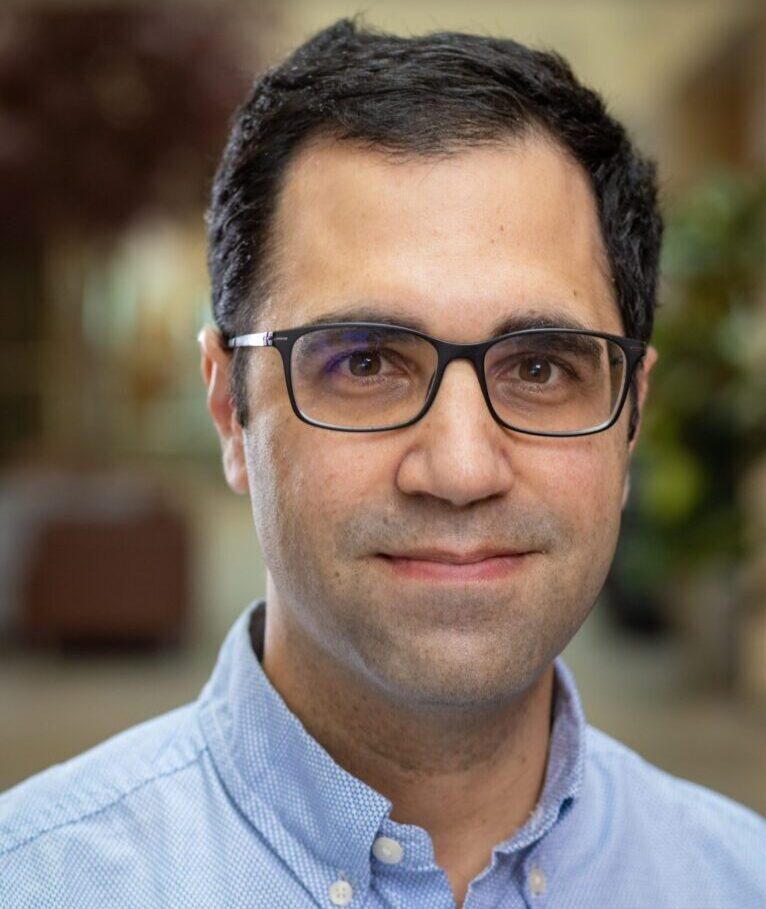
Raed Joundi
Raed Joundi received funding for the UNCOVER study, a substudy of PHRI’s PROSPECT trial. The UNCOVER study aims to explore the link between post-stroke inflammation and cognitive decline.
Joundi explains, “Cognitive impairment after stroke is very common and disabling, yet no validated treatments are available. People with stroke consider cognitive impairment a top research priority. Inflammation is known to increase after stroke and is associated with worse outcomes, but its role in cognitive decline remains unclear. We aim to recruit 400 participants across Canada to determine whether high level of inflammation in the blood within 5 days and 3 months post-stroke is linked to cognitive impairment at 3 and 6 months.”
“This research will help us better understand the role of inflammation after stroke, and thus find new therapeutics to prevent cognitive decline and dementia, improving quality of life. We are grateful to the Heart & Stroke Foundation for funding this research.”
SUNDANCE Trial: Subclinical Valve Thrombosis

Rachel Eikelboom
Rachel Eikelboom leads the SUNDANCE trial, a substudy of the DANCE trial, alongside Scientists Richard Whitlock and Scientist Emelie Belley-Cote.
“We are very thankful to have received a Heart and Stroke grant in aid for the SUNDANCE trial, which is investigating subclinical valve thrombosis in patients with surgical bioprosthetic aortic and mitral valve replacements. SUNDANCE is recruiting locally at Hamilton General Hospital and this grant will support opening additional sites across Canada,” said Eikelboom.
LIMIT Study: Cerebrovascular Disease in Patients with Mechanical Valves
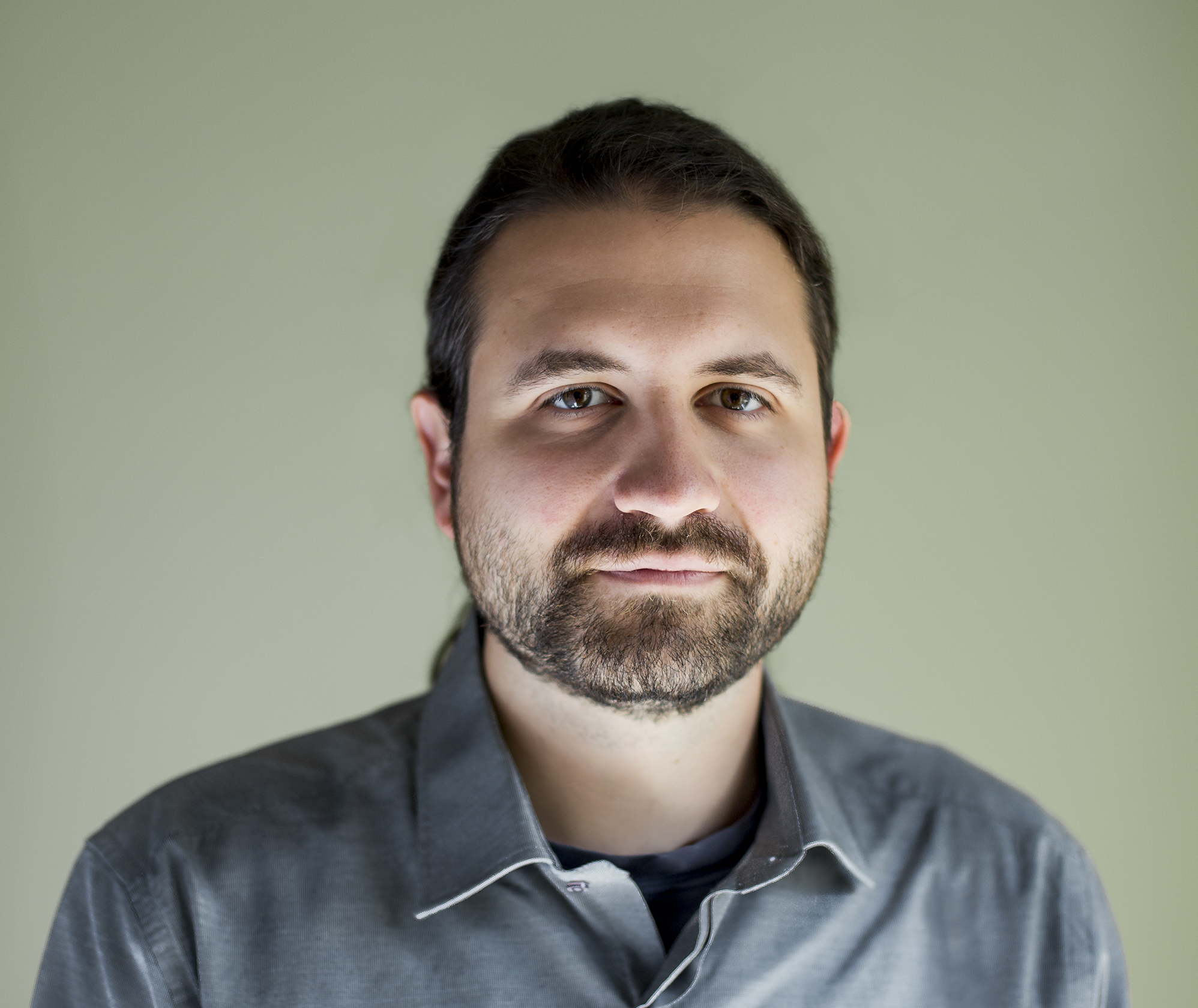
Aristeidis Katsanos
Aristeidis Katsanos received funding for a LIMIT substudy , which he’s leading with PHRI Scientist Mike Sharma. The study investigates covert cerebrovascular disease in patients with bileaflet aortic mechanical valves.
“No study to date has evaluated the incident risk of covert cerebrovascular disease in patients with mechanical valves and the potential impact of vitamin K antagonist treatment intensity on the accrual of markers of covert vascular disease, or functional and cognitive decline,” stated Katsanos.
“We will perform a neuro-imaging and cognitive substudy nested within the ongoing Low INR to Minimize bleeding with mechanical valves Trial (LIMIT; NCT03636295) to increase our understanding of the interplay of intensity of anticoagulation with brain injury and its consequences in patients with mechanical valves”
CAHHM Study: Metabolic and Inflammatory Pathways in Cognitive Decline

Marie Pigeyre
Marie Pigeyre received funding for her work on the CAHHM study, which focuses on how metabolic and inflammatory pathways link adiposity to cognitive decline.
“We aim to explore the impact of circulating biomarkers associated with visceral fat and inflammation on cognitive decline in the CAHHM cohort,” said Pigeyre.
“This study will provide insights into the connections between lifestyles, excess visceral adiposity, and dementia, and identified biomarkers that could represent novel therapeutic targets for preventing cognitive decline.”
Our Grant-in-Aid program provides operating funds to support important research in the areas of heart disease & stroke.
Congratulations to our 2024/25 GIA recipients: https://t.co/uAyPycycQG. pic.twitter.com/9WpVxl7JFu— Heart & Stroke (@HeartandStroke) October 7, 2024
The results of the Heart & Stroke 2024/2025 Grant in Aid competition were announced in early October.


